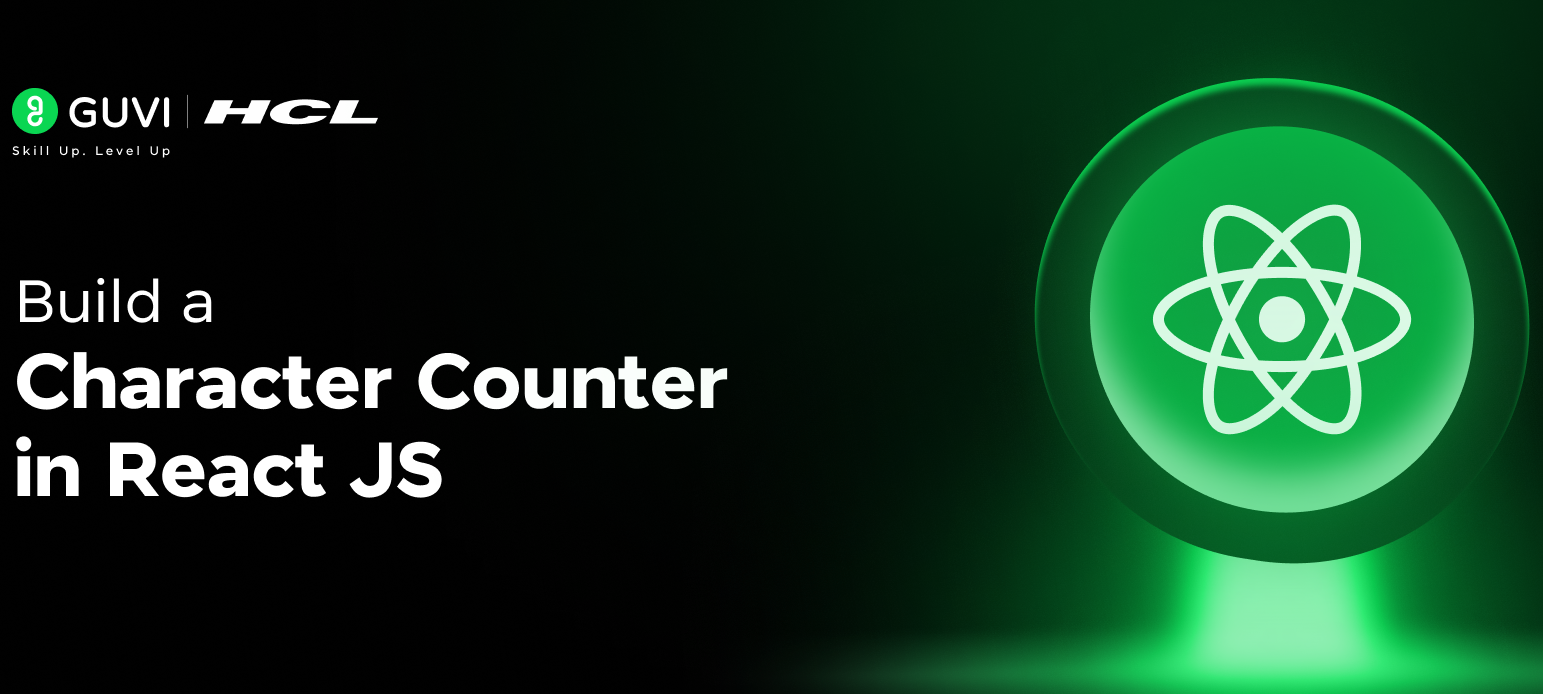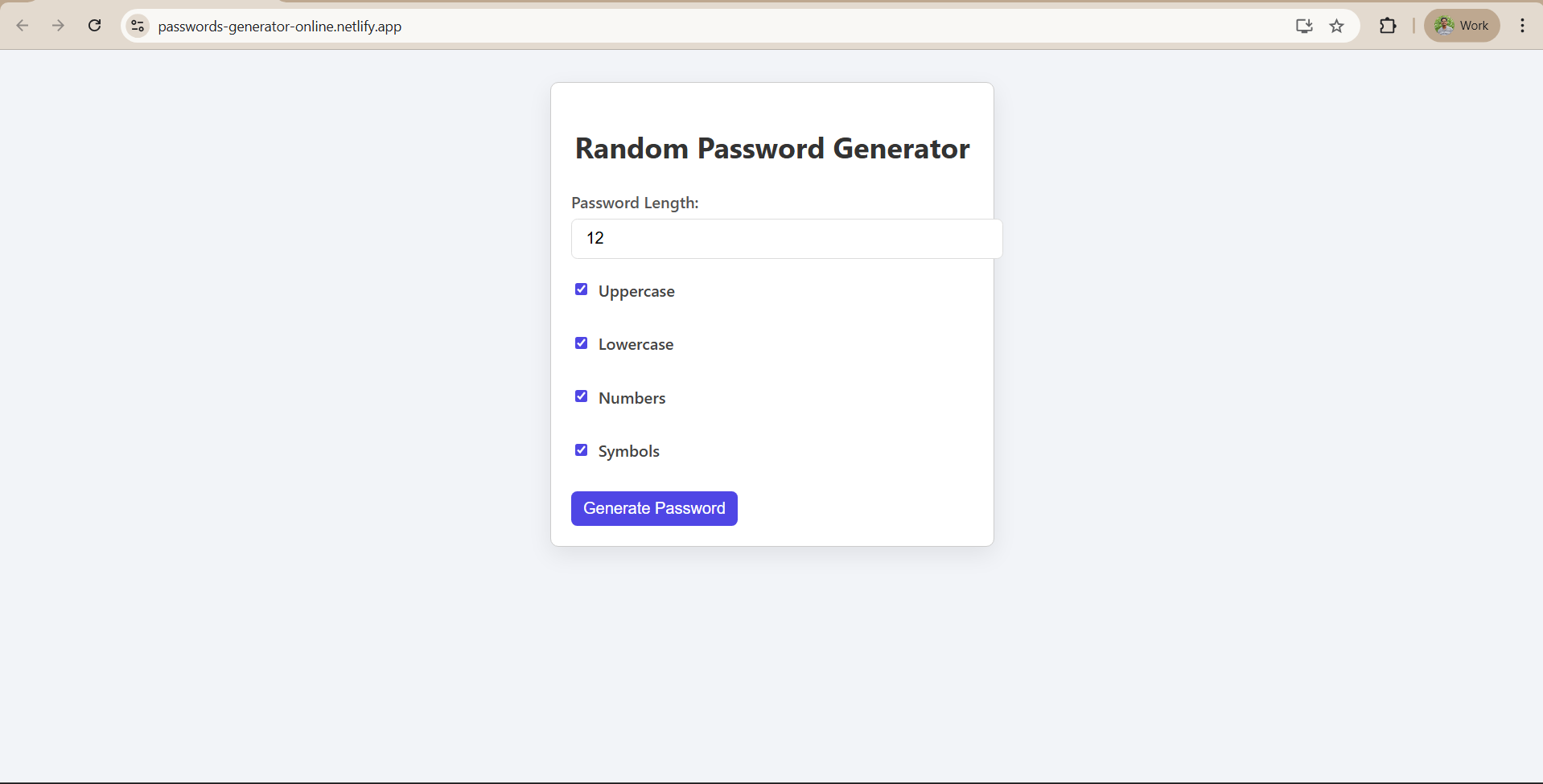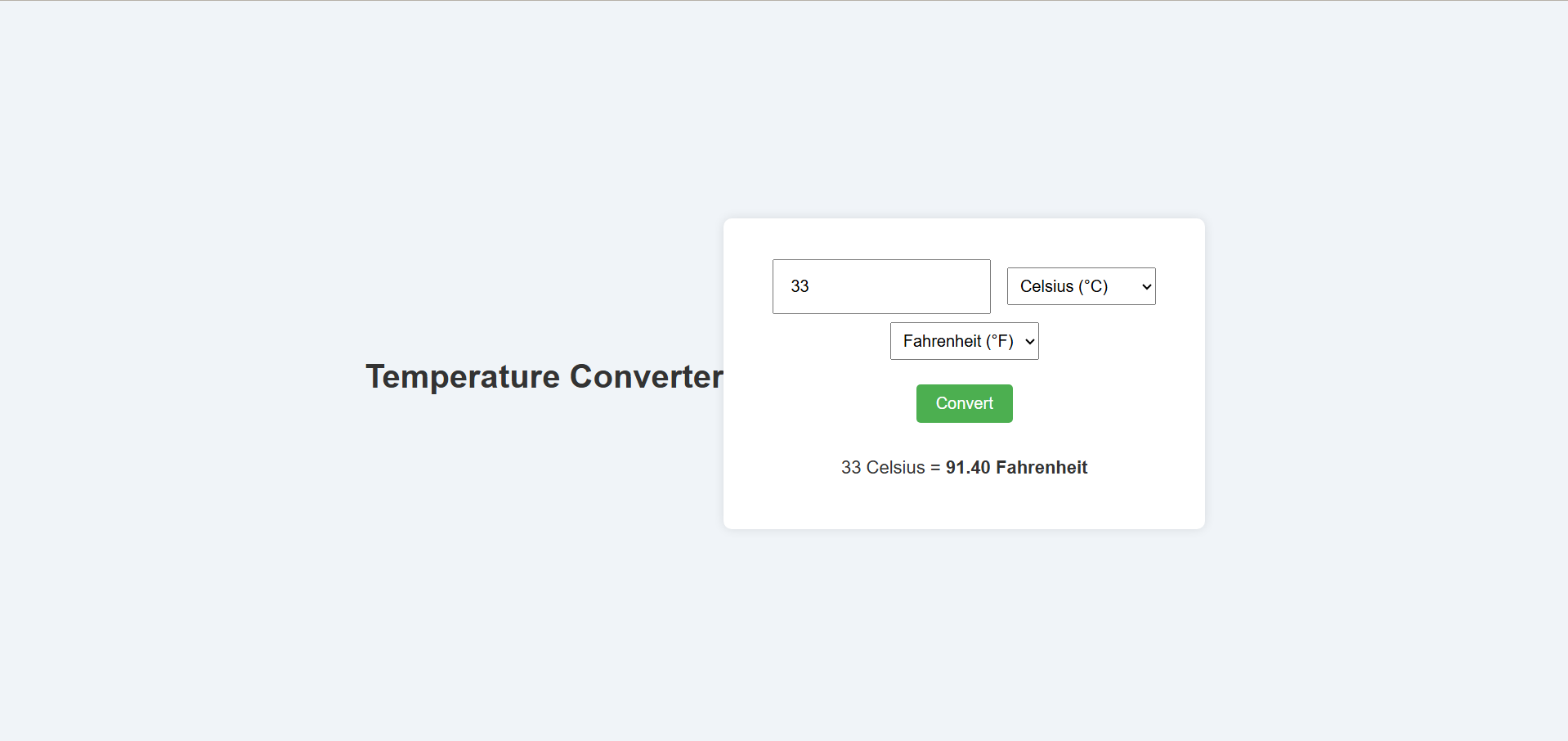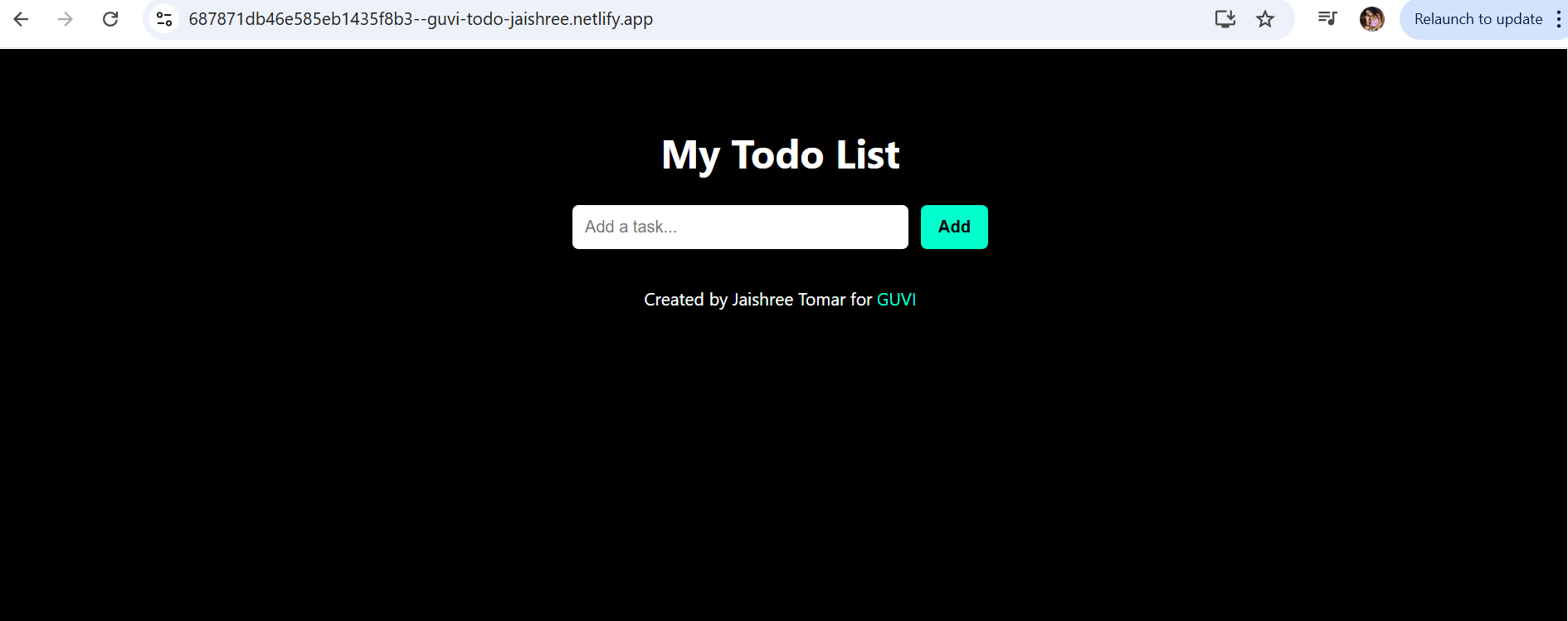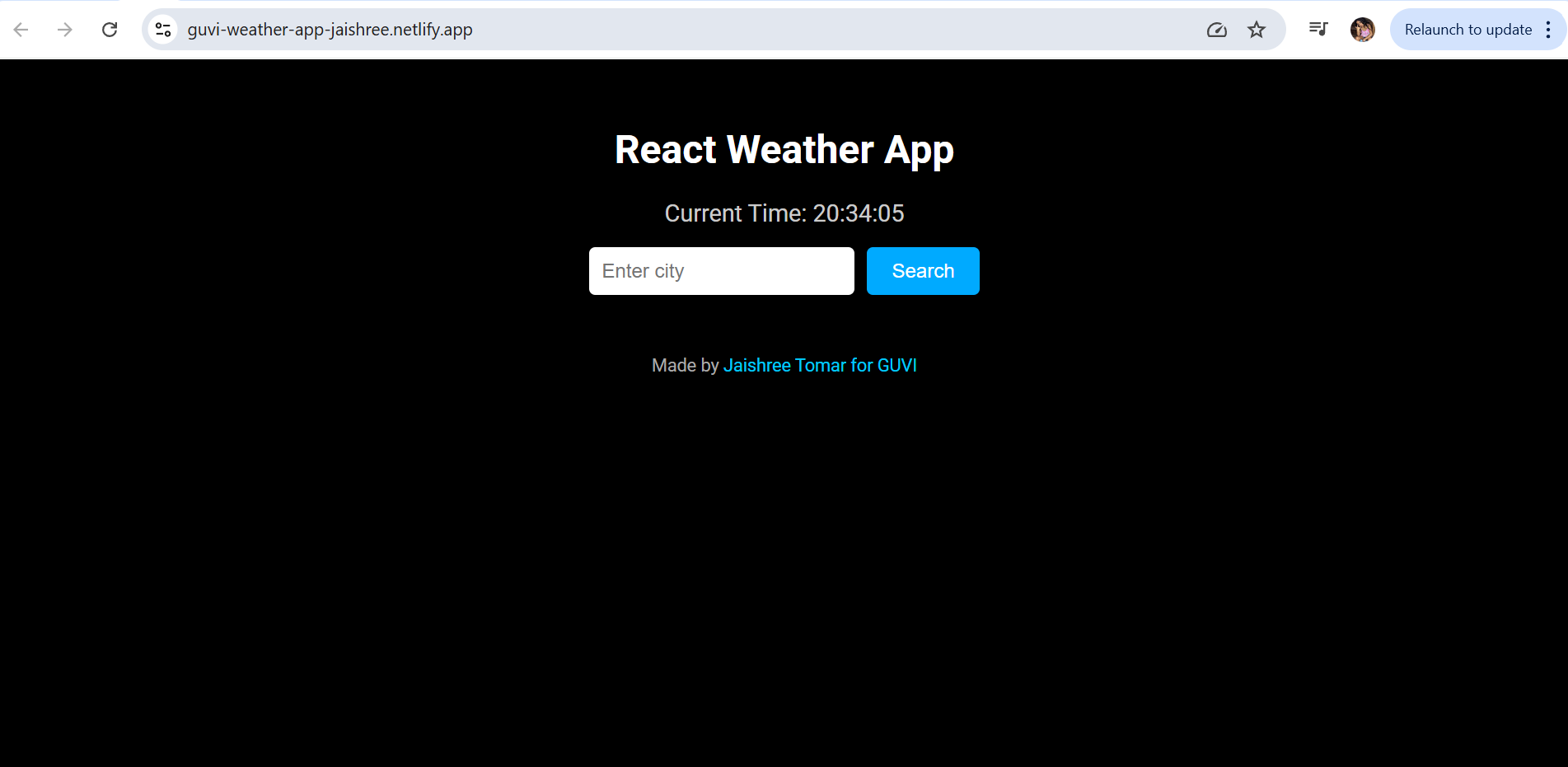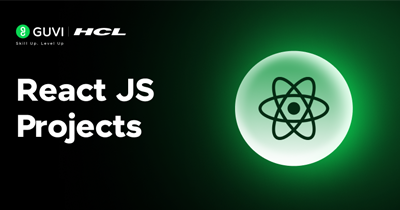Array Operations and Functions in Cpp
Array Operations and Functions
A. Array Operations (e.g., finding the sum, average, maximum, minimum)
Arrays in C++ allow for various operations to be performed on their elements. Some common array operations include:
- Finding the sum of array elements.
- Calculating the average of array elements.
- Determining the maximum and minimum values in the array.
- Counting the occurrence of a specific element in the array.
- Checking if the array is sorted or contains a specific value.
These operations can be implemented using loops, conditional statements, and appropriate variables to track the results.
B. Passing Arrays to Functions
In C++, arrays can be passed as arguments to functions. This allows for modular code and enables the reuse of functions across different program parts. You can specify the array's name without brackets when passing arrays to functions. For example:
void printArray(int arr[], int size) {
// Function code here
}The function parameter int arr[] represents an array of integers, and int size indicates the size of the array. You can access and manipulate the array elements within the function as needed.
C. Returning Arrays from Functions
C++ functions can also return arrays as their results. However, unlike other data types, arrays cannot be returned directly. One common approach is to return a pointer to the array.
The function createArray() dynamically allocates memory for an array of integers, populates it, and returns a pointer to the array. Managing memory properly when returning arrays from functions is important to avoid memory leaks.
By performing array operations and utilizing functions, you can efficiently manipulate arrays, perform calculations, and modularize your code for better organization and reusability.
Common Issues and Best Practices
A. Array Indexing Errors and Out-of-Bounds Issues
Array indexing and out-of-bounds issues can lead to runtime errors and unpredictable behavior. Here are some best practices to avoid such issues:
Ensure indices are within the valid range:
int arr[5];
for(int i = 0; i < 5; i++) {
// Perform operations on arr[i]
}Use loop conditions wisely:
for(int i = 0; i <= 4; i++) {
// Perform operations on arr[i]
}In the above example, using <= instead of < would result in an out-of-bounds access on the last iteration.
B. Memory Management and Dynamic Arrays
When working with dynamic arrays, proper memory management is crucial. Here are some best practices to follow:
Allocate memory using the new:
int* dynamicArray = new int[size];Release memory using delete[]:
delete[] dynamicArrayAvoid memory leaks:
Always release the dynamically allocated memory when it is no longer needed.
C. Best Practices for Working with Arrays in C++
Initialize arrays:
Always initialize arrays during declaration to avoid using uninitialized or garbage values.
int arr[5] = {0}; // Initialize all elements to 0Use constants or enums for array sizes:
const int SIZE = 5;
int arr[SIZE];Modularize code with functions:
Encapsulate array operations within functions to promote code modularity and reusability.
void printArray(int arr[], int size) {
// Code to print array elements
}Avoid magic numbers:
Avoid using arbitrary numbers directly in array manipulations. Instead, define them as constants or calculate them based on array properties.
const int ARRAY_SIZE = sizeof(arr) / sizeof(arr[0]);Use meaningful variable and function names:
Choose descriptive names for array variables and functions to enhance code readability and understanding.
int studentGrades[5];Documentation:
Provide comments or documentation explaining the purpose, usage, and any assumptions about arrays and their operations.
// This function calculates the sum of all elements in the array.
int calculateSum(int arr[], int size) {
// Code to calculate the sum
}By following these best practices, you can minimize errors, improve code maintainability, and enhance the overall quality of your code when working with arrays in C++.








